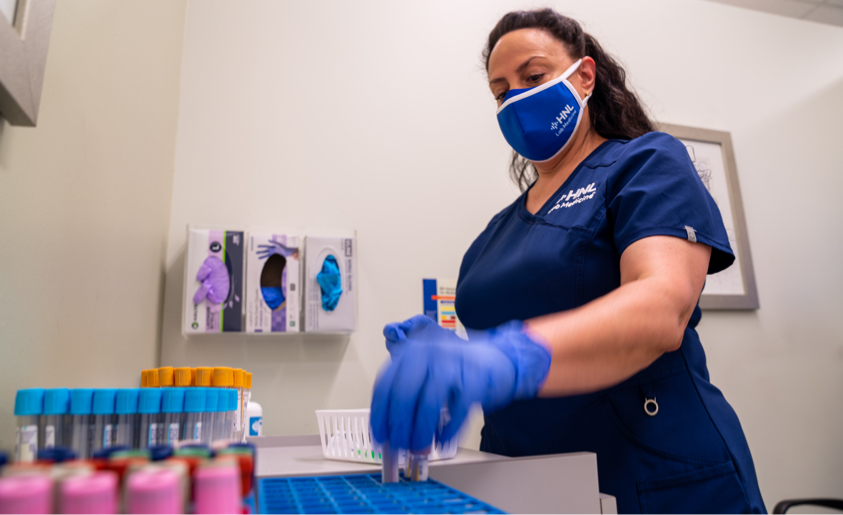
patients
Why You Need a Lab Test
You may wonder about the many lab tests ordered by your doctors. Are all these tests necessary? Why do physicians seem to order the same tests each year? The truth is simple. Laboratory tests provide healthcare professionals vital information that can assist with important medical decisions.

